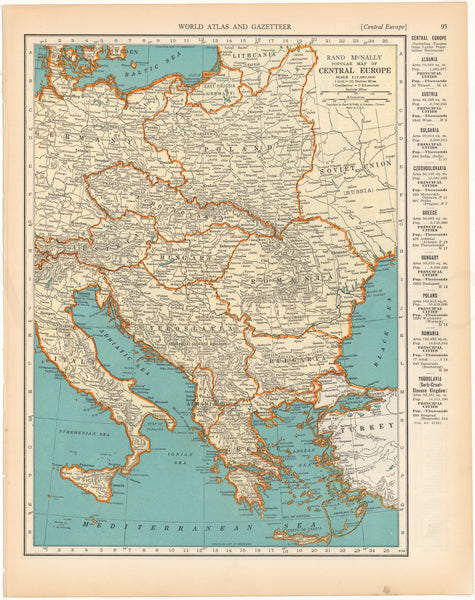If the Anglo-French fight over Czechoslovakia in 1938, just how easy would it be for the USSR to create a corridor thru Poland or Romania so that it could move its troops to help Czechoslovakia? The goal would be to create this corridor as narrow as possible in order to avoid seeming threatening while also allowing Soviet troops and supplies to easily move through this corridor in large amounts/numbers. And obviously the intention here would be to demonstrate that the Soviet Union will withdraw from this corridor after the end of this war.

Based on the map above, it seems like a Soviet occupation of southeastern Poland would be the best way to go about this since that would secure the major railroad running between the USSR and Czechoslovakia and which runs through Lviv, which was a part of Poland back then. But if the USSR does this, do the Nazis subsequently decide to occupy the rest of Poland? What do you think?

Based on the map above, it seems like a Soviet occupation of southeastern Poland would be the best way to go about this since that would secure the major railroad running between the USSR and Czechoslovakia and which runs through Lviv, which was a part of Poland back then. But if the USSR does this, do the Nazis subsequently decide to occupy the rest of Poland? What do you think?


